You can always have too much of a good thing, even when it comes to something as wonderful for your skin as exfoliation. When you over exfoliate, it temporarily thins your stratum corneum (outermost layer of skin) and deprives it of adequate moisture. Excessive over exfoliation can inhibit the skin barrier’s efficacy, and make skin appear shiny, inflamed and irritated, and sensitive. After days of over exfoliation, you can create patches of dry and flaky skin, or even dilated blood vessels (telangiectasias)(Charlene DeHaven MD, Innovative Skin Care, Dermalogica)
Here’s how to get the benefits of exfoliation, while making sure that you do not over exfoliate:
Pay attention to the scrub or brush that you use
Exfoliation can be too harsh if you use the wrong type of scrub or brush. Many people who start to exfoliate for the first time reach for the strongest, coarsest brush and the harshest, most concentrated AHAs or retinoids, which can prove too much for virgin skin.
Pay attention to your skin after you exfoliate
You will notice skin is over-exfoliated when it has the following symptoms:
- Redness
- Dryness
- Irritation
- Painful to the touch
- Excessive peeling (some flaking is normal and to be expected, but peeling is not)
For newbies, the best ingredients to exfoliate are gentle cleansers or exfoliation treatments with jojoba beads (Plastic Surgical Nursing, 2013).
Pay attention to your skin type
Oily skin can require daily exfoliation, whereas dry and sensitive skin types may want to limit exfoliation to once or twice a week. For the results, you should consult with your dermatologist to determine what is the best frequency for your skin types, especially if you suffer from inflammation, severe acne, or any other significant skin condition (The American Academy of Dermatology)
But you need to exfoliate!
Exfoliation removes dead skin cells, makeup residue, dirt and bacteria that were congesting your skin’s pores. While a great process for cleaning the skin’s surface, exfoliation also offers a whole host of benefits to your skin’s health, from helping to reduce the frequency of ingrown hairs to brightening your complexion.
Exfoliation can also increase circulation to the skin. In order to create new skin cells, the deepest layer of the skin, the dermis, needs to be supplied with proper nutrition. Exfoliation may help the skin recover from environmental/UV damage and nutritional deficiencies by accelerating the rate — and increasing the amount — of blood flow to the dermis, where new skin cells are made.
On the one hand, exfoliation is one of the best things you can do for your skin. Exfoliation revitalizes tired and dull-looking skin, removes pore-clogging oil and debris, and softens the look of wrinkles and fine lines. As you age, cellular turnover slows, and your skin can look aged due to the accumulation of dead skin cells.
Ensure you do not over exfoliate with the ViaBuff!
ViaBuff Exfoliators come in 10 different varieties to match your skin’s needs. Most other loofahs, sponges and exfoliating brushes offer only one strength, causing many of use to either exfoliate too gently or too roughly. Each of the ViaBuff Exfoliators can come as either Extra Mild, Gentle, Moderate or Clinical Strength, or a combination of these strengths to meet your skin’s needs on various parts of the body, without having to exert excessive force on any part of the skin.
Get beautiful skin without running the risk that you over exfoliate! Try the ViaBuff today!

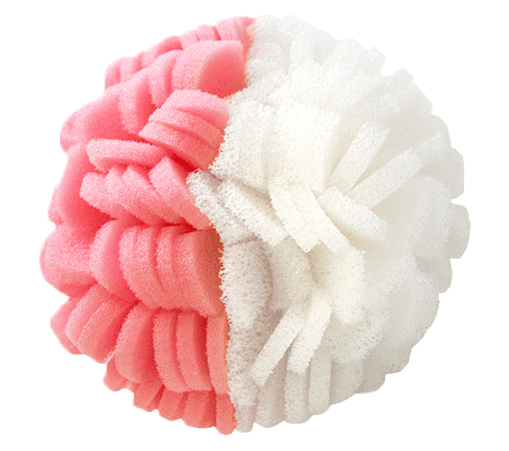
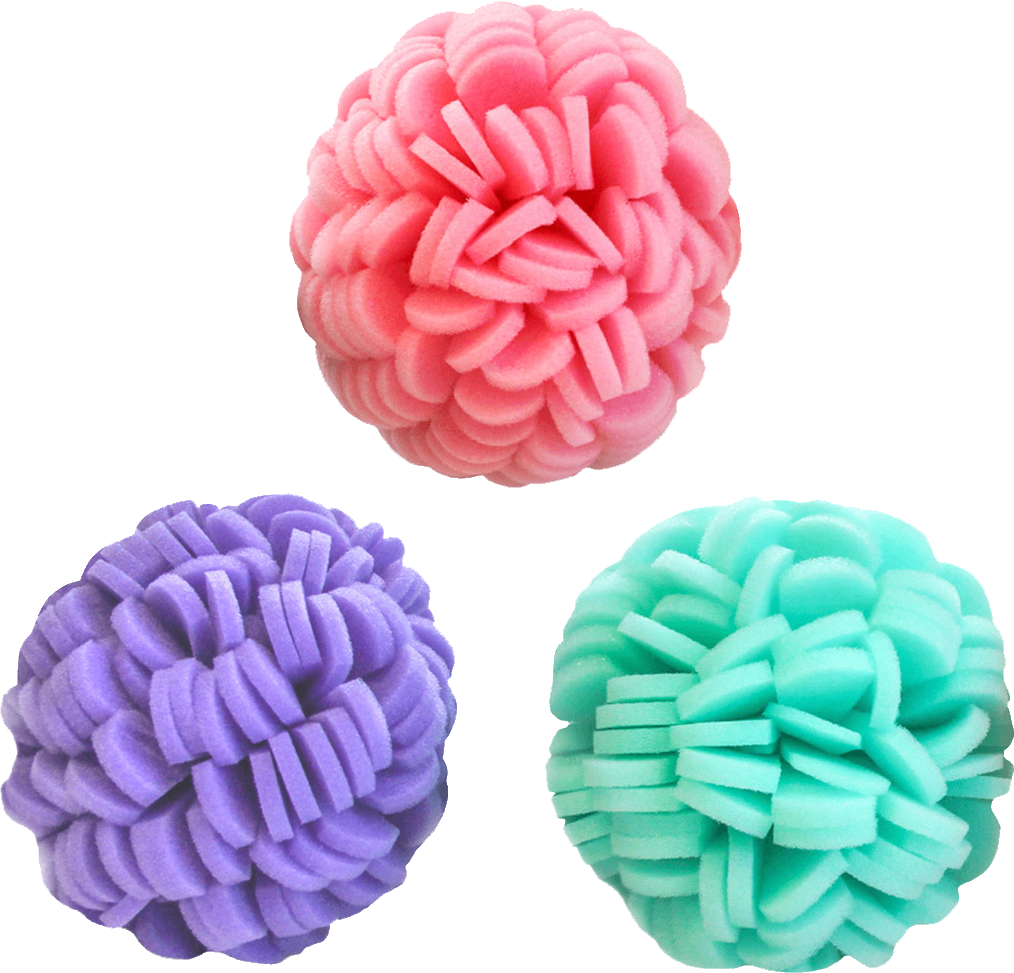
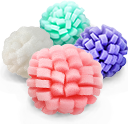
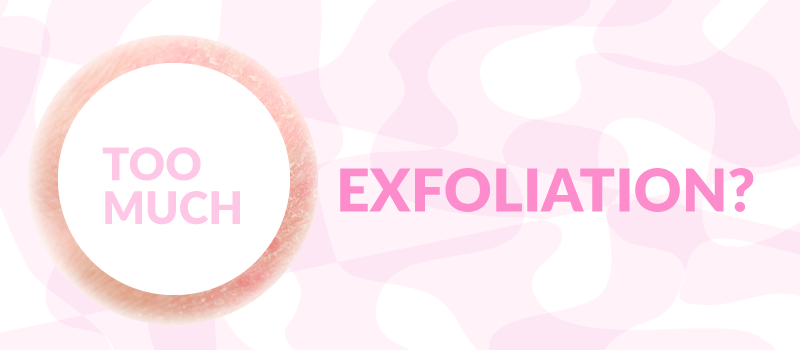
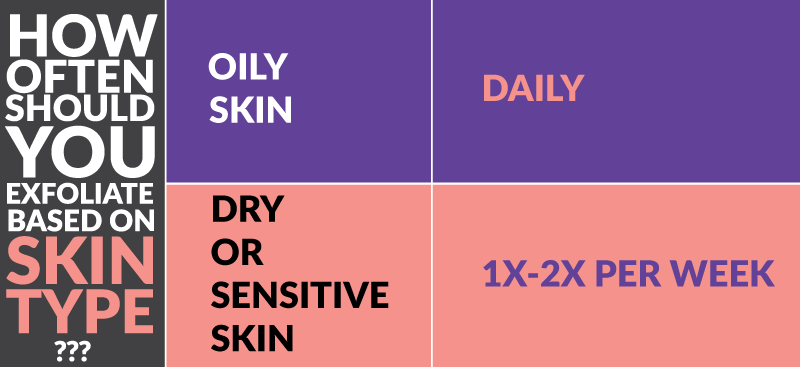
Comments 1
Pingback: How Often You Should Exfoliate Based on Skin Type | myskincarebeauty@wordpress.org